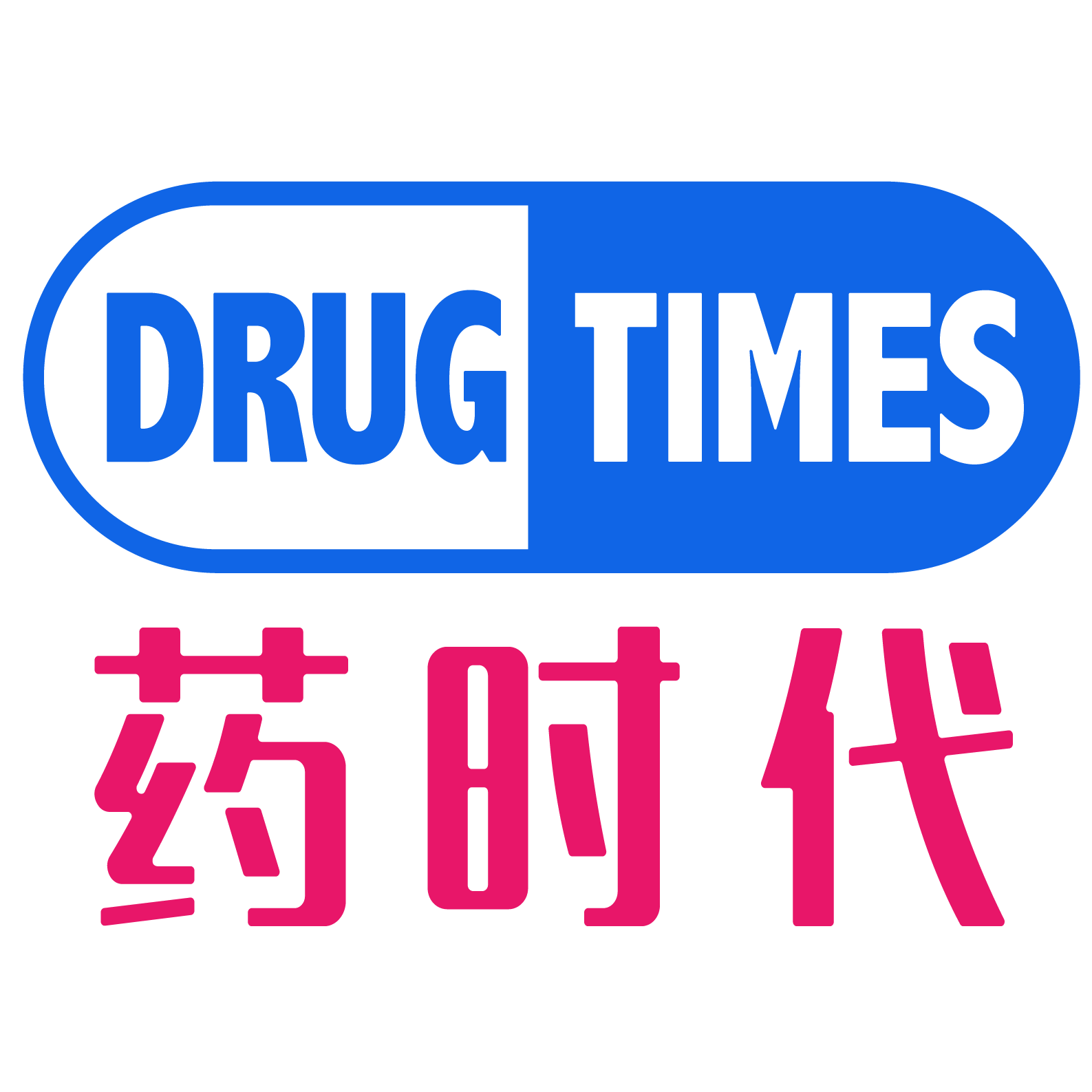
On August 17, 2024, Saturday, Shanghai was sunny with clear skies. However, the team at Drug Times was clouded with worry. Why? Because Endpoints News, Fierce Biotech, and several other well-known foreign media reported a shocking news about Genentech, “Genentech will close its cancer immunology research department, and star scientists will resign.”
 (Picture source: Screenshot from Endpoints News)
(Picture source: Screenshot from Endpoints News)
 (Picture source: Screenshot from FierceBiotech)
(Picture source: Screenshot from FierceBiotech)
This has shocked us and we can’t help but ask: “What exactly happened? What impact will this have on the global cancer immunology track?”
Genentech, as one of the world’s leading biotechnology companies, has disclosed a major decision that has shocked the industry: Genentech will close its cancer immunology research department. This decision marks the company’s strategic reorganization in the field of oncology research. At the same time, the head of the department, the renowned cell biologist Dr. Ira Mellman, will resign after 17 years of service in the coming months.
A spokesperson for Genentech confirmed the news to Endpoints News and Fierce Biotech via email, stating: “This decision is based on our on-the-ground assessment of how to best seize the current scientific opportunities in the field, rather than any overall decision by Roche about cancer immunology.” The spokesperson further emphasized that the company continues to believe that cancer immunology is an important part of its oncology program.
The reorganization merges the cancer immunology research functions with molecular oncology research to form a single cancer research organization, led by Frederic de Sauvage.
This change will affect a “limited number” of employees, but the company did not disclose the number of employees affected.
 (Picture source: Genentech)
(Picture source: Genentech)
Dr. Mellman’s contributions to the field of cancer immunology are widely recognized, including the discovery of endosomes. At Genentech, he oversaw the discovery and development of several important drugs, including Tecentriq, which, as a checkpoint inhibitor, has always been at the core of Roche’s oncology product portfolio.
In 2013, Dr. Mellman co-authored a review article with Dr. Daniel S. Chen titled “Oncology Meets Immunology: The Cancer-Immunity Cycle,” which had a profound impact on the industry.
 (Picture source: Cell)
(Picture source: Cell)
Genentech’s decision came after the company faced challenges in the clinical work of cancer immunotherapy, including the failure of the highly anticipated anti-TIGIT project tiragolumab and the termination of the allogeneic cell therapy cooperation with Adaptimmune.
Adaptimmune is the developer of the world’s first approved TCR-T therapy. On August 1, 2024, local time, Adaptimmune announced that its TCR-T therapy Afami-cel (trade name: Tecelra) was approved by the FDA for the treatment of advanced synovial sarcoma.
As a subsidiary of the Swiss pharmaceutical giant Roche, this change in Genentech has also sparked a wide discussion on the R&D strategies of large pharmaceutical companies. Under the consideration of cost-effectiveness and R&D efficiency, this decision may herald the beginning of a new transformation in the R&D model of the pharmaceutical industry.
Genentech said that despite the challenges, the company will continue to be committed to promoting innovation and progress in cancer treatment. The industry is widely concerned about how this decision will affect the development of Genentech and the entire pharmaceutical industry.
Back to the question at the beginning of this article, what impact will this have on the global cancer immunology track?
Welcome friends to leave a message in the comments section!
【Editor’s note】The above content (~3300 words) is a quick translation of a Chinese article (2024-08-17) by DrugTimes team. To read the original article, please click here. All comments are warmly welcome. Many thanks!
发布者:DrugTimes001,转载请首先联系contact@drugtimes.cn获得授权

 为好文打赏 支持药时代 共创新未来!
为好文打赏 支持药时代 共创新未来! 